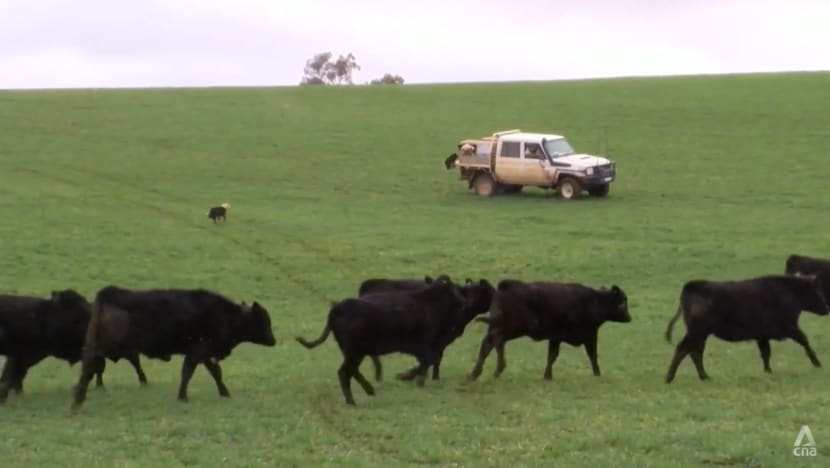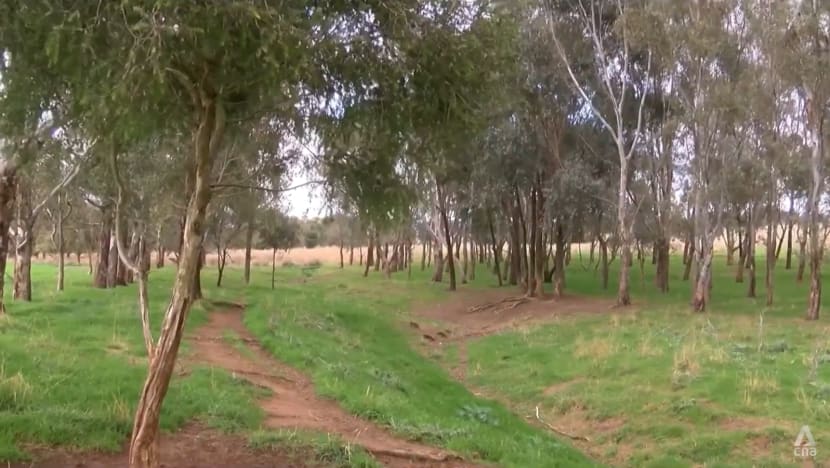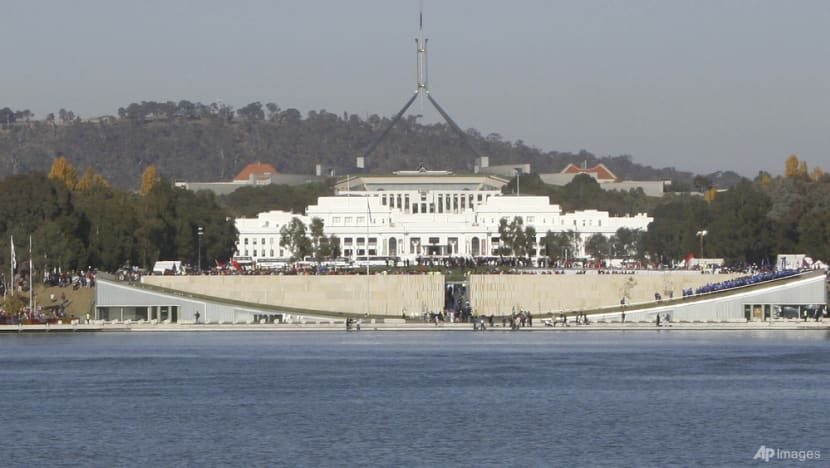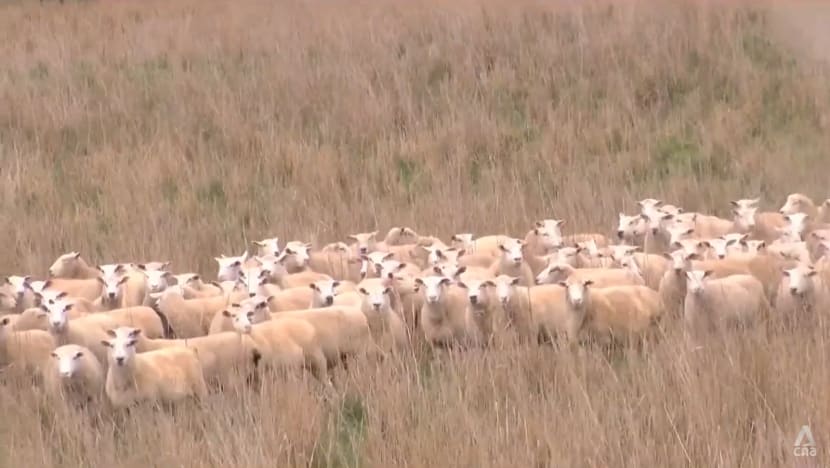New EU deforestation law has wider impact on countries beyond region, including livelihoods of Australia’s farmers
The European Parliament passed a landmark legislation back in April to tackle global deforestation, requiring companies to ensure that products sold in the EU have not led to deforestation and forest degradation.

The new EU law has had widespread ramifications for Australia, where land clearing has become a controversial issue over the years.
NEW SOUTH WALES: A new law passed in the European Union (EU) earlier this year has impacted countries beyond the region itself.
The European Parliament approved a landmark legislation back in April to tackle global deforestation, requiring companies to ensure that products sold in the EU have not led to deforestation and forest degradation.
However, the move has had widespread ramifications for other countries outside the bloc, in particular Australia, where land clearing has become a controversial issue over the years.
Australian farmers argue that their country has different agricultural systems and practices because of its geography and climate, and that the new law has impeded their export opportunities.
SOUND AGRICULTURAL PRACTICES
There are farmers in the country who adopt sound agricultural practices in rearing their livestock and growing crops.
For instance, farm manager Matt Cummins looks after more than 10,000 acres of land in Bobbara Station, deep in the heart of rural New South Wales and one of Australia's most productive agricultural regions.
"This project here was developed in the early 90s to try and stabilise the local salinity table within the local profile,” said Mr Cummins, who keeps 1,000 cattle and 10,000 sheep.
To ensure a sustainable and profitable enterprise, many additional native trees have been planted in recent years. The tree planting and additional vegetation has helped enrich the soil and steadied the water supply passing underground.

However, a few thousand kilometres north in Queensland, deforestation has denuded much of the landscape and threatened native wildlife, due to beef-driven land clearing.
Mr Tim Beshara, federal policy director of environmental non-governmental organisation The Wilderness Society, told CNA that the current rate of land clearing in the state amounts to about 500,000 hectares every year.
“That’s about half a million hectares a year and that has impacted hundreds of endangered species,” he added.
WALKING AWAY FROM FREE TRADE TALKS
The new EU law bans the purchase of overseas beef and other agricultural products that are linked to deforestation. Companies importing into the EU now need to prove the goods come from land that has not been cleared since 2020.
This has left some sections of the agricultural community and lawmakers in Australia worried.
For the government in Canberra, the law creates a dilemma. Australia is keen to sign a free trade agreement with the EU, but reservations about its farm exports could seriously damage the ongoing negotiations.

The Australian government has even hinted that it is prepared to walk away from the trade talks – a hardline stance that is supported by the Australian National Farmers’ Federation.
“Our message to the government is: don’t sign a free trade agreement if it signs up to the detriment of Australian farmers,” the federation’s CEO Tony Maher told CNA.
“We want free trade, but what we don’t want is for Australian agriculture to be kneecapped by some free trade agreement that doesn’t allow us to continue to export and continue to develop here as an industry."
BRINGING ABOUT POSITIVE CHANGE
While some argue that Australia’s circumstances have pushed its farmers to adopt different practices from their European counterparts, others say the new law could actually bring about positive change.
Mr Beshara said the new EU legislation could benefit Australian farmers, most of whom are opposed to deforestation.

"I actually think this is a really positive thing for Australian farmers, if we can sort out this issue around land clearing, Australia will be at the front of the queue for selling produce and getting finance from Europe,” he said.
For Mr Cummins and his farm at Bobbara Station, the issue is less about politics and more about good animal husbandry and sound agricultural practices.
"Every bit of your income is about how you look after your country. We’ve got to stabilise, as our entire being is around it. The Australian agricultural sector is strong, it’s vibrant (and) it’s backed by passionate people and passionate companies,” he said.
Australian farmers have always kept their optimism even in the face of frequent floods and drought, and would now have to address the deforestation issue in order to gain a foothold in one of the world’s richest markets.
















